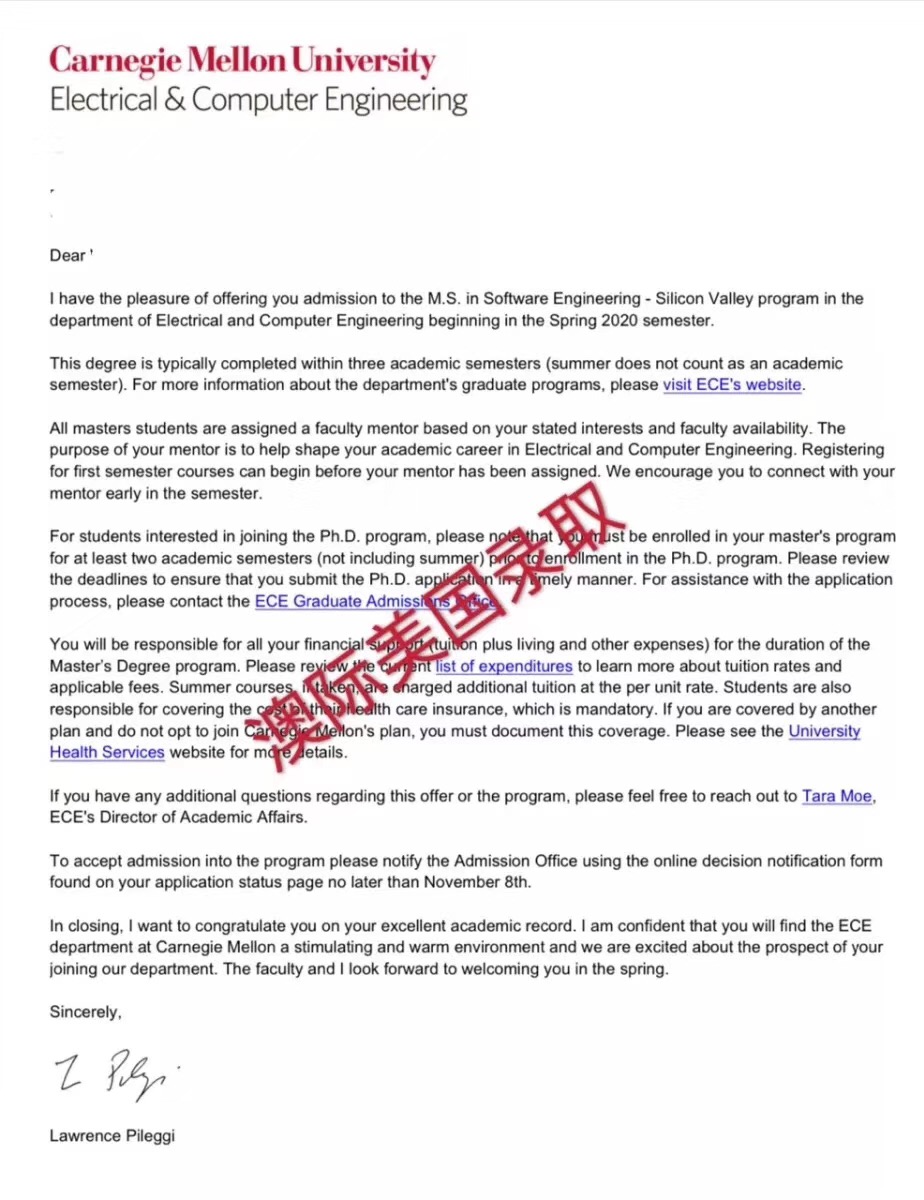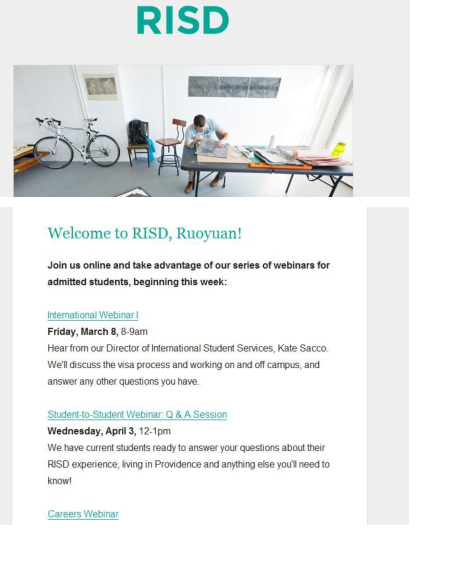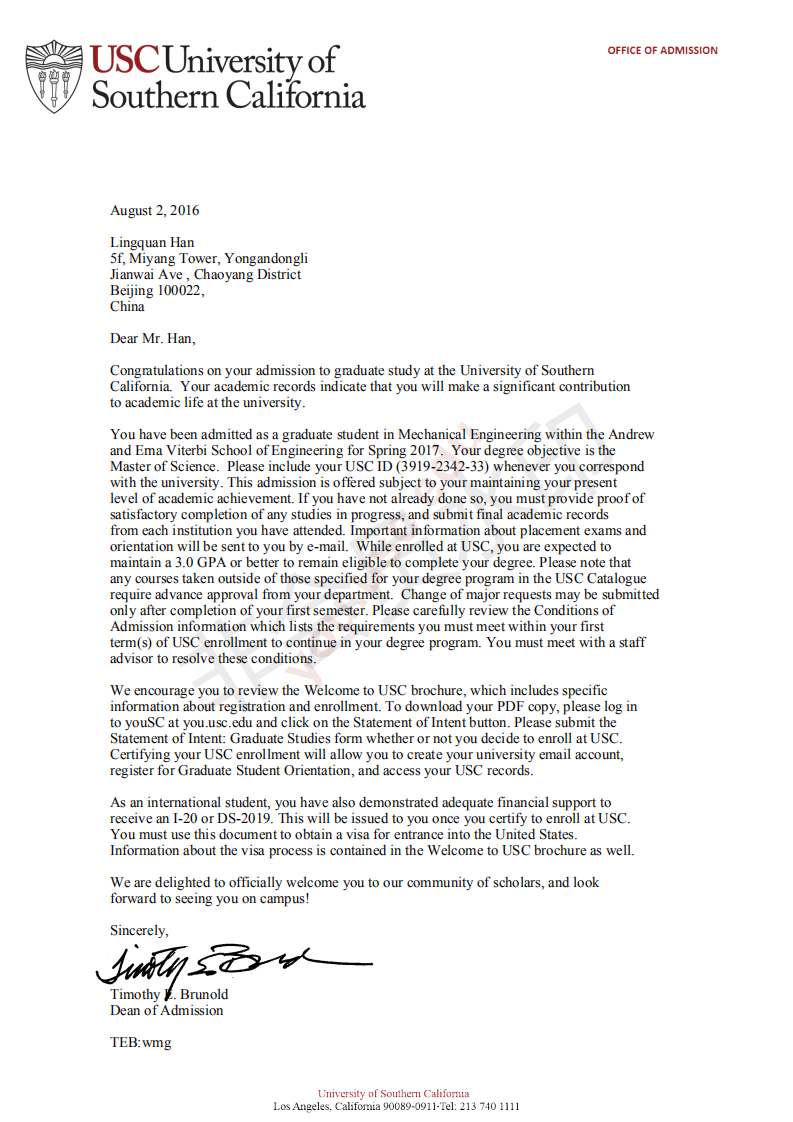如何写好CV(简历)
2017-03-27 377阅读
Areas covered in this article: [b][b]1. The mechanics of producing a decent CV[b]2. The thought process behind a good CV [b][b]I want to simplify the subject by keeping away from jargon and concentrating on what a CV is actually for. [b][b]When I started writing CVs for a living we were just moving from the age of the stencil to DTP and photocopying on expensive paper – CVs looked better but they were still very formal in content. [b][b]Since then we have come a long way in terms of what it is possible to say to promote yourself and the CV as a way of applying for work is still evolving and changing. There are no absolute rules, so please accept this as merely a way to stimulate your own creativity in the matter. [b][b]1 - The mechanics of producing a decent CV [b][b]If you do not know what a CV looks like or what information it could contain follow this link to read my article about different styles and types of CV. I have been writing CVs for more than a decade and I could not produce a really good one in less than a day. Even if you already have a CV it would be wise to allow plenty of time, trial and error to turn it into a remarkable document that puts you uniquely ahead of the other candidates. There is no point in doing this if you do not do it well. [b][b]Writing a CV well means: [b]Including the kind of information that matches the type and level of job that you plan to apply for in such a way that recruiters find you interesting as a candidate [b]Selecting where to place your emphasis: it could be knowledge and education (recent graduate, for example); it could be results; it could be intangibles such as changing organizational culture – this depends on what stage you are in life and what type of professional roles you have [b](For examples see section 2 below) [b]Prioritizing your information so that what is most important catches attention first, so that you do not look naïve enough to focus on trivia and so that the detail is lt for them to ask at your interview [b]Including enough evidence of what you have to offer to appear convincing and professional, without boring people to death or sounding like a job dinition [b]Stretching yourself in terms of the way you write and the words you use: the CV has its own grammar that need not use sentences and paragraphs but if you think of a recruitment consultant writing a very concise report about you - then you will not go far wrong [b]Choosing an attractive style, which means simplicity: avoid boxes, graphics, templates in your WP programme, photos (unless you are a performer) and get your fonts right (Tahoma and Verdana are the best when you email your CV to recruiters and you can use 9.5 point size to give yourself space) [b]Testing and checking your new document: try your CV out on friends and partners and have at least one person proof-read it; there is no room for error and spell-checkers do not find every mistake; switch off your grammar checker because it does not apply to CVs at all [b][b]2 - The thought process behind a good CV [b][b]Bore you ever write any kind of application it would help to pause, take out a clean sheet of paper and write the title: What do I want them to know about me ? [b][b]Forget about your personality: do not tell them you are enthusiastic, tenacious, good at teamwork and kind to lost kittens! You can send these messages, but it must be in a professional way: [b][b]Example: I want to tell them that I am such a good sales manager that my team has consistently over-performed despite the industry downturn and adverse factors such as a delay in new product launches. [b][b]Example: I want recruiters to know that the ways of dealing with people that I set up have made it possible for this organization to hold together despite the merger and subsequent redundancies. [b][b]For the moment, pay no heed whatsoever to the form of words; simply note down the most important messages that would impress someone who might recruit you. [b][b]Now take these messages and mould them into recruitment language [b][b]Remove the personalization such as “I”, “my”, “our” and “we” – and then try to think like a journalist in your approach. What might a good headline about one of your skills be saying? [b][b]Example: Accomplished sales professional, with a track record of year-on-year over target, achieved even against a climate of sector decline… [b][b]Once you have isolated a core message you can substantiate it, either in bullet points straight away if this is the main introduction to your CV, or when you come to describe your most important, most recent job. In general, I prer my bullet points and headlines to form a coherent story rather than appearing as brash claims that don’t connect with evidence. [b][b]Example:[b][b]Accomplished sales professional, with a track record of year-on-year over target: [b]Four times promoted within 5 years; national award winner 4 times. [b]Average +6% against an industry norm of –4%. [b]Large network of accounts managed with almost no fall-out. [b]Innovative approach has led to success in developing new business. [b]Methodology has been the pattern for rest of the UK sales force; invited trainer and mentor. [b]Stand-in for Sales Director/Key Account Manager with understanding of both these roles. [b](note that I have used capital letters and full stops for these bullet points;[b]whether you do or not is entirely a matter of taste – they are NOT proper sentences) [b][b]What this example begins to achieve is that it makes a large claim and then corroborates it with different kinds of evidence, expressed intelligently, giving this candidate a chance to fit in all the expected buzzwords. [b][b]The example above could be the opening summary for a sales professional ready to make a big leap into senior management, for example. [b][b]Separating and clarifying your messages [b][b]The first element that a recruiter will take notice of in your CV should not really be the trivia about where you live, how old you are and what schools you went to. Far better to create a bri sketch of yourself that positions you at the right level so that the reader knows at once that you are a relevant candidate for the job. [b][b]If you do this well you will probably never need alternate versions of your CV for different applications because your main message will be so clear and on target. If you happen to locate a job with a different emphasis all you need change is the tone of the opening summary or the application letter you send with your CV. [b][b]When you come to describing your jobs you are looking to build a story of your career in which the strongest, most recent experience has priority and the rest of the story goes back in time without repeating the minor roles over and over. Here I am using the same information as in the previous example, arranged in a different way. [b][b]Example: [b][b]SOLUTARY VOLUTIONS UK LTD. SINCE 1996[b]Sales Manager, Volutions Division promotion 1999[b](previously Assistant Sales Manager 1998; Team Leader 1997; Sales Executive on joining)[b][b]Leader of a dedicated sales team of 15 with dotted line influence over technical input to the process of developing high value, long term accounts (average value £300K pa.); control of a £1m budget. [b]Four times promoted within 5 years; national award winner 4 times; average +6% against an industry norm of –4%. [b]Then you would go on to describe the actual roles and evolution of roles with this employer in slightly more detail but not too many more bullet points. [b]Then tackle the previous job, treated in a similar way but more brily… [b][b]Summary: [b][b]There is only one top tip on CV writing and everything else follows from it: that tip is to think as carully about the document you are creating for your own career as you would if you had to prepare a very important presentation for a client or report for the boss. Don’t rush at it in hope; find the professional inside yourself and let your application rlect that power.立即咨询
留学咨询
更多出国留学最新动态,敬请关注澳际教育手机端网站,并可拨打咨询热线:400-601-0022
留学热搜
相关推荐
- 专家推荐
- 成功案例
- 博文推荐

Copyright 2000 - 2020 北京澳际教育咨询有限公司
www.aoji.cn All Rights Reserved | 京ICP证050284号
总部地址:北京市东城区 灯市口大街33号 国中商业大厦2-3层









高国强 向我咨询
行业年龄 11年
成功案例 2937人
留学关乎到一个家庭的期望以及一个学生的未来,作为一名留学规划导师,我一直坚信最基本且最重要的品质是认真负责的态度。基于对学生和家长认真负责的原则,结合丰富的申请经验,更有效地帮助学生清晰未来发展方向,顺利进入理想院校。
陈瑶A 向我咨询
行业年龄 15年
成功案例 4612人
拥有大量高端成功案例。为美国哈佛大学、宾夕法尼亚大学等世界一流名校输送大批优秀人才。
齐亚楠 向我咨询
行业年龄 13年
成功案例 3536人
商科案例有哥伦比亚大学等,工科案例有麻省理工大学等,艺术案例有罗德岛大学等。
李君君 向我咨询
行业年龄 13年
成功案例 3623人
成功案例涉及美国排名前60的院校,专业涵盖商科(金融,会计,管理),工科(生物工程,化学工程,计算机科学,电气工程)等热门领域。